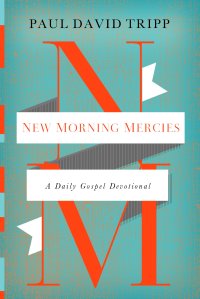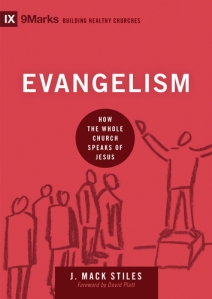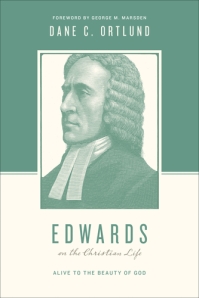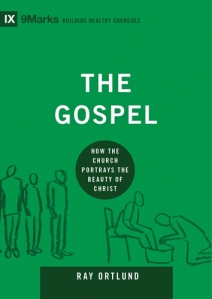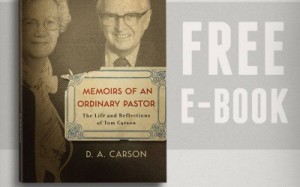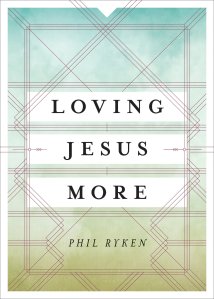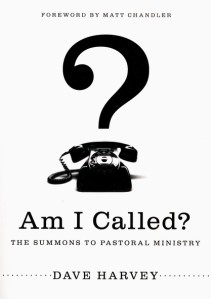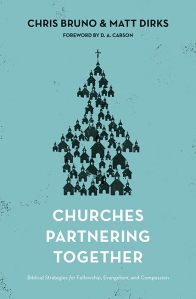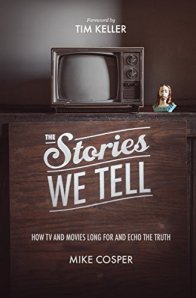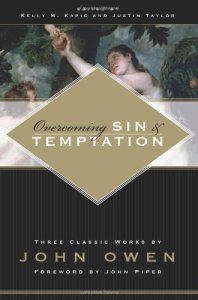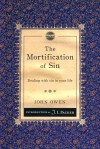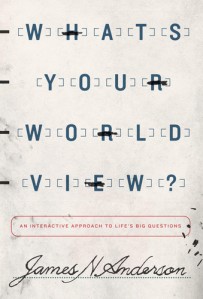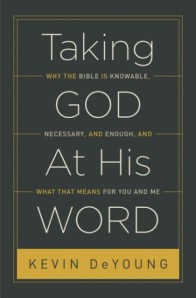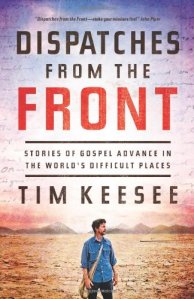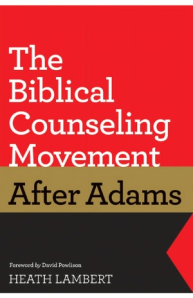Two days ago, I posted on the
top ten most neglected books of the Bible. This book, I think, would help to reverse this negligence.
Thi
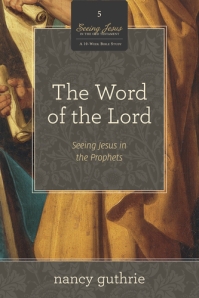
s has been one of the best book I’ve read for quite some time. Although the Prophets may take up a substantial portion of the Old Testament, they are often neglected. Many reasons can be attributed to this, first we don’t hear much preaching on them, second, we often don’t really understand the prophets even if we tried to study them. Too often, we’ll just give up thinking it’ll be a futile attempt.
This is where the “The Word of the Lord” comes in. Not only will it help us see the importance of getting us to read and study the Prophets, it also tells us how each of them ultimately point us to Christ.
Nancy first introduces us to the world of the Prophets, one of the reason why we find it so difficult to understand the Prophets is because we do not really know the context of these prophesies. Who are the prophets prophesying to? When they are prophesying? Is it before or after the destruction of Israel/Judah? Is it during the exile? Or is it after they returned from exile? Next, our unfamiliarity with the geography often hinder us from “catching” what would be obvious to the original audiences.
Each of the prophets would then be studied in the following format, “
Personal Bible Study, Teaching Chapter, Looking Forward and lastly,
Discussion Guide”
In the
Personal Bible Study, Nancy slowly brings us to study each of the 9 prophets with some guidance questions. These help us to get a feel of the text itself, we are made to discover each of the prophets, letting us see from the text what the book is about. Often we are led to see that Christ is already present in the prophets, we just need a push in the right direction.
Next comes the
Teaching Chapter, this I feel was the gold mine of the book. Nancy is able to do good exegesis, always pointing out what the text is saying and what it meant. Not only so, each and every chapter is immediately applicable for us in our current context. Although they might be written thousands of years ago, they are still relevant to us today. The same struggle they had, is the same struggles we have to deal with everyday.
In
Looking Forward, we are made to see how the prophets (often) in their failures points us repeated to the ultimate Prophet - Christ himself. Please do not be mistaken, this is not the only portion that shows us how Christ can be seen in the Prophets, Nancy has sprinkled these like gold nuggets within the teaching chapter itself also. As you read, you will find yourself nodding and wondering why how you managed not to see Christ while reading the prophets.
In the Discussion Guide, Nancy sums up what was learn and often also hits home with simple application points that is equally useful for individuals or groups using the book to study the Prophets.
The book is highly recommend for every christian, especially for preachers. This book would really help preachers see how they can preach the text faithfully, with a Christ-centered focus and also have practical day-to-day application of the text in the believer’s life. Rarely have this been done, but this is a great place to start.
There was only 2 drawbacks for this book. First, not all the Prophets are covered, hopefully one more volume would be published to cover the remaining prophets. Second, this book really helps us have a “Big-picture” view of the 9 prophets, and this book
IS the place to start for the preacher. But for the preacher who intends to preach through the whole book, you will have to refer other the other materials reference within the book itself. Notwithstanding these 2 minor points, this is still a really excellent book that deserves to be widely read and I cannot recommend this book highly enough.
As you read this book you will, like the disciples on the Emmaus road feel your heart burning within you while you see the Scriptures opened up (Luke 24:13-32).
Lastly, this is my sentence summary for the nine prophets mentioned in this book.
Jonah - Dealing with those who have no mercyHosea - Dealing with the unfaithful wifeMicah - Dealing with the one who trumps the poorIsaiah - Dealing with unholy peopleHabbauk - Dealing with self-righteous peopleJeremiah - Dealing with sinful heartsDaniel - Living as strangers in another landEzekiel - Waiting for the better templeMalachi - Dealing with a people dull with GodRating: 5/5
If you're interested you can get it
here and
here (free international shipping),
Kindle.
Disclaimer: I was given this book free from the publisher in exchange for an honest review.
